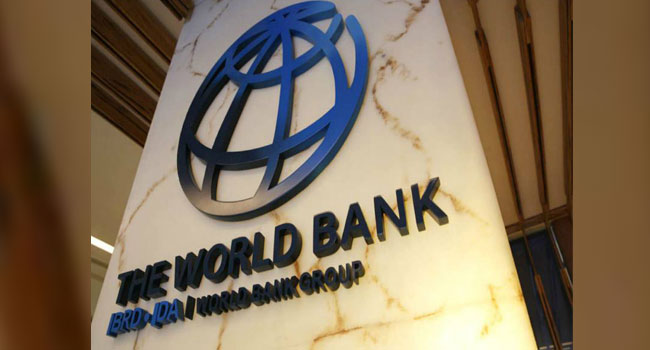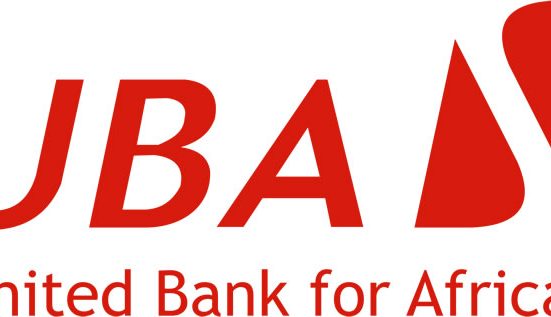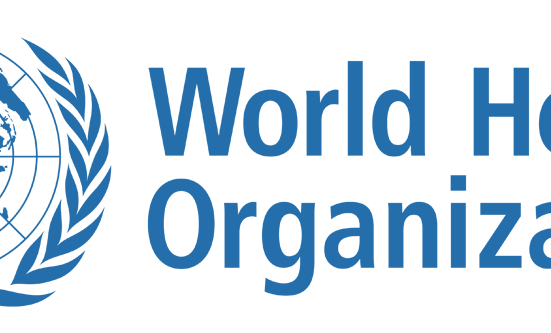The World Bank has projected a steady and uninterrupted economic growth for Nigeria over the next three years, marking a hopeful turn in the country’s economic trajectory. According to its latest Global Economic Prospects report, the bank forecasts Nigeria’s Gross Domestic Product (GDP) to grow by 3.6% in 2025, 3.7% in 2026, and 3.8% in 2027.
This three-year positive projection is seen as a potential break from years of economic uncertainty, inflationary pressures, foreign exchange instability, and global shocks that have tested the resilience of Africa’s largest economy. The World Bank attributes the expected growth to a combination of policy reforms, improved oil production, increased investor confidence, and a gradual diversification of the economy.
“Nigeria’s medium-term growth outlook is supported by sustained reform momentum, particularly in the oil and non-oil sectors, and a more market-reflective exchange rate regime,” the report noted.
The removal of fuel subsidies in 2023, unification of the exchange rate, and renewed attention to agriculture and infrastructure are also said to be encouraging macroeconomic stability. Despite initial hardship, these measures are believed to be setting the stage for more inclusive growth.
Increased production in the oil sector, following renewed security efforts in the Niger Delta, is expected to boost foreign exchange earnings. Similarly, non-oil sectors like telecommunications, fintech, agriculture, and services are projected to play stronger roles in driving Nigeria’s recovery.
However, the World Bank also sounded a note of caution. It stressed that achieving the projected growth levels will depend heavily on continued reform implementation, fiscal discipline, enhanced productivity, and strong institutional frameworks.
“Risks to the outlook remain,” the report warned. “These include persistent inflation, debt servicing challenges, global oil price fluctuations, and insecurity in some parts of the country.”
Economic experts have described the forecast as both encouraging and demanding. According to Dr. Ngozi Ibekwe, a development economist based in Abuja, “This is not a time for complacency. The government must consolidate gains, attract foreign direct investment, and fix the energy and transport sectors to make the growth felt by ordinary Nigerians.”
With youth unemployment still high and inflation hovering above 20%, many citizens remain skeptical about how soon growth will translate to improved living standards.
Nevertheless, the World Bank’s confidence in Nigeria’s economic direction signals a potential turning point—one that may mark the beginning of a more stable and prosperous era, if government policies remain consistent and inclusive.







